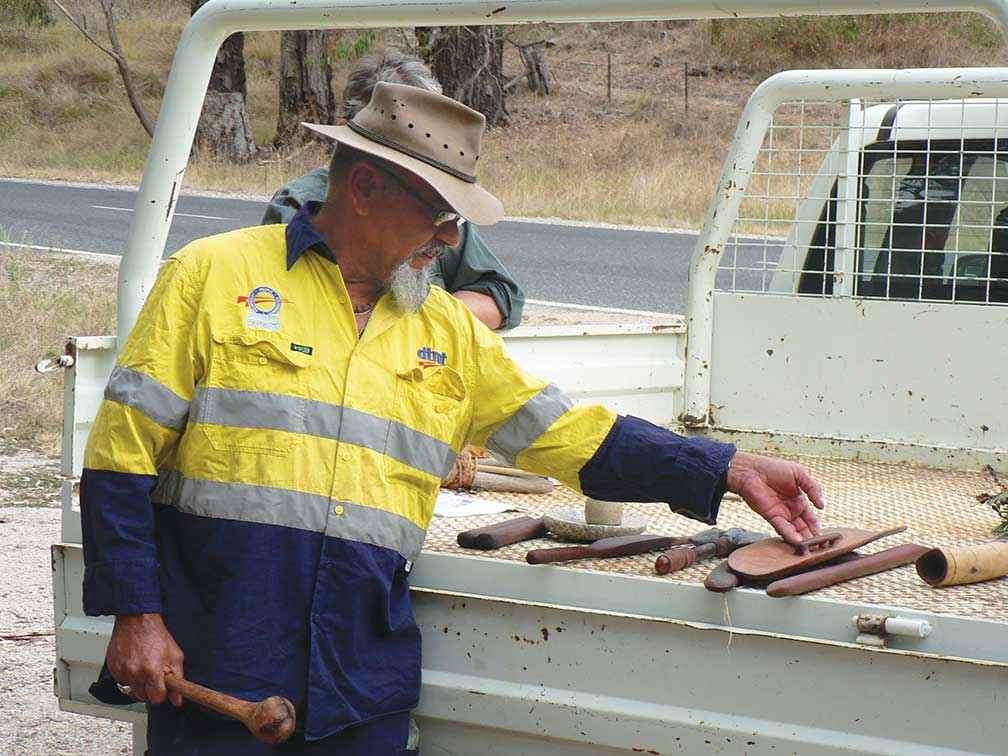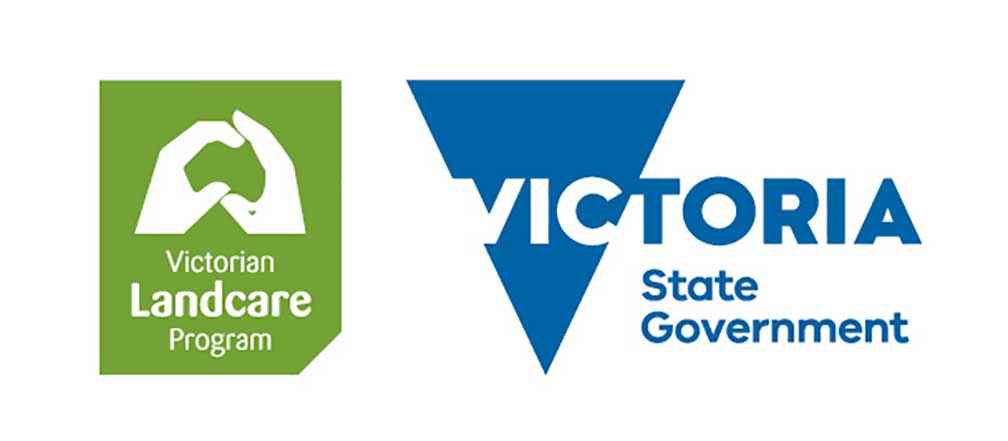Victorian Landcare Magazine - Spring 2019, Issue 76
Formed in 2012, the Wodonga Urban Landcare Network (WULN) is changing the face of one of Victoria’s regional cities.
The network is restoring habitat in backyards and across landscapes, connecting diverse communities with nature and leading collaborative action by working with key authorities.
The network has grown quickly from three to 22 member groups. Since 2017 WULN has run 77 training events that have reached 2039 people.
According to chair Julie Hind WULN’s broad and inclusive goals are part of its success.
“Our aim is to support, inspire and bring together stewardship groups to achieve a biodiverse, connected and sustainable landscape. Having an integrated community is a key part of this.
“By encouraging a broad view of Landcare, we reach out to different parts of the community. Our groups tap into diverse interests. The local Bhutanese community farm group enables local migrants to grow food and learn about the environment. The rail trail group has been critical to the development of the local trail. There are lots of practical and experiential projects too, like citizen science, the nest box network, Gardens for Wildlife, and working with our schools,” Julie said.
WULN predominantly works on public land managed by Wodonga Council and building a good working relationship with the council has been important. The group has achieved this by focusing on coordination, communication and collaboration.
One of WULN’s major projects is to restore habitat linkages in key corridor sites in the municipality. This project is now in its second year and has removed woody weeds in priority sections of three key waterways. There have been 20 on-ground events where more than 6000 native plants have been established by schools and the community. The project has also inspired the formation of two new Friends groups that have their own restoration projects.
Working with young people and cultural experiences that connect people with Country are also priorities. WULN works with the Burraja Indigenous Cultural and Environmental Discovery Centre, supports two bush kindergartens and ran a youth enviro-ride.
WULN has developed effective partnerships with many local organisations and agencies including Gateway Health, Parklands Albury Wodonga and the Australian Native Plants Society.
In a significant partnership with the North East CMA and Wodonga Council, WULN facilitated the community consultation and development of the Wodonga Regional Waterway Action Plan 2018 – 2028. The plan has helped to secure funding to remove environmental weeds and restore native habitat on the House, Huon and Felltimber Creeks.

Above: Dhuduroa Elder Uncle Alan Murray demonstrates the use of local natural resources at a Wodonga Urban Landcare Network walk and talk on McFarlanes Hill.
WULN has gathered many resources to assist its groups with their projects. They have a significant library in a cloud-sharing device, displays for use at field days and fairs, and produce a monthly bulletin for members and interested stakeholders.
The WULN community trailer is fully equipped with tools and a barbecue to assist groups during the planting season, when it is in constant use.
WULN has greatly increased awareness of natural resource management and environmental issues in the Wodonga urban area and, through its many diverse projects, generated tremendous enthusiasm and support for the network and its member groups.

Above: Award sponsor's logos.